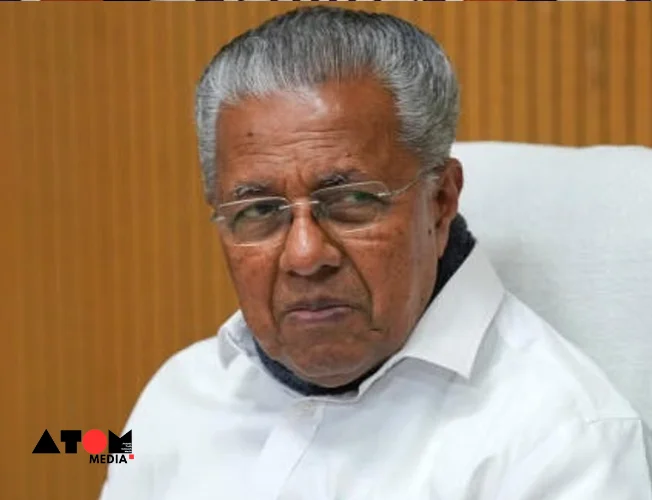The recent controversy over Kerala’s appointment of a secretary for “external cooperation” has reignited discussions about the role of states in India’s foreign policy. While the Ministry of External Affairs (MEA) has criticized Kerala for stepping beyond its constitutional mandate, this debate highlights the evolving influence of Indian states on national foreign relations.
The Controversy and Its Implications
The MEA’s reprimand of Kerala for appointing a secretary responsible for external cooperation has sparked a broader debate. Critics argue that such a role, often misconstrued as a “foreign secretary,” encroaches on the central government’s jurisdiction over foreign policy. However, this controversy provides a crucial opportunity to examine the growing involvement of states in India’s international affairs, a trend that has gained momentum since the 1990s.
The Rise of Subnational Diplomacy
Since the economic liberalization of the 1990s, Indian states have increasingly sought to assert their influence in foreign policy. The introduction of coalition governments and decentralized economic policies has empowered states to play a more active role in international relations. States with robust industrial bases and proactive leadership have been particularly influential in this trend.
One notable example is Gujarat, under the leadership of then-Chief Minister Narendra Modi. Modi’s launch of the Vibrant Gujarat initiative aimed to showcase the state’s economic potential on the global stage. The success of this initiative set a precedent, inspiring other states to develop their own foreign-trade related diplomatic efforts.
Examples of State-Level Initiatives
Following Gujarat’s lead, states like Maharashtra, Madhya Pradesh, and Rajasthan have undertaken similar initiatives. These efforts often focus on promoting trade, attracting foreign investment, and enhancing cultural diplomacy. For instance, Maharashtra has organized trade fairs and business summits to attract international investors, while Rajasthan has leveraged its cultural heritage to boost tourism and economic ties with foreign entities.
Such initiatives reflect a growing trend of states seeking to capitalize on their unique strengths and opportunities. They aim to enhance their economic prospects and international presence, contributing to India’s overall foreign policy goals.
The Role of the Central Government
Despite the increasing involvement of states in foreign affairs, the central government retains the constitutional authority over foreign policy. The MEA is responsible for managing India’s international relations and ensuring that state-level initiatives align with national interests. The central government must balance state ambitions with overarching national objectives to maintain coherence in foreign policy.
The Future of Subnational Diplomacy
The debate on the role of states in foreign policy is likely to continue as states become more assertive in their international engagements. As India’s economic and political landscape evolves, states are expected to play a more prominent role in shaping the country’s global interactions.
To effectively manage this growing influence, there needs to be a clear framework that delineates the responsibilities and boundaries of state and central government roles in foreign policy. Collaboration and coordination between state and national authorities will be crucial in ensuring that subnational diplomacy complements rather than conflicts with national interests.
The controversy surrounding Kerala’s external cooperation secretary appointment underscores a significant shift in India’s foreign policy dynamics. As states increasingly engage in international relations, it is essential to establish mechanisms that balance their ambitions with national objectives. This evolving landscape of subnational diplomacy presents both opportunities and challenges for India’s foreign policy framework.
Read more: Marketing News, Advertising News, PR and Finance News, Digital News





